Now that my big sailing trip to the Caribbean end ´22 is confirmed and I am already deeply involved in the technical preparations of my #atlanticloop project, I as well begin to read myself into local matters: The Caribbean is a big place and possibilities are huge. Where should I land? Start in the South, maybe Barbados to Saint Lucia, then up North via Guadeloupe towards the bigger islands like Puerto Rico? And whet to see there?
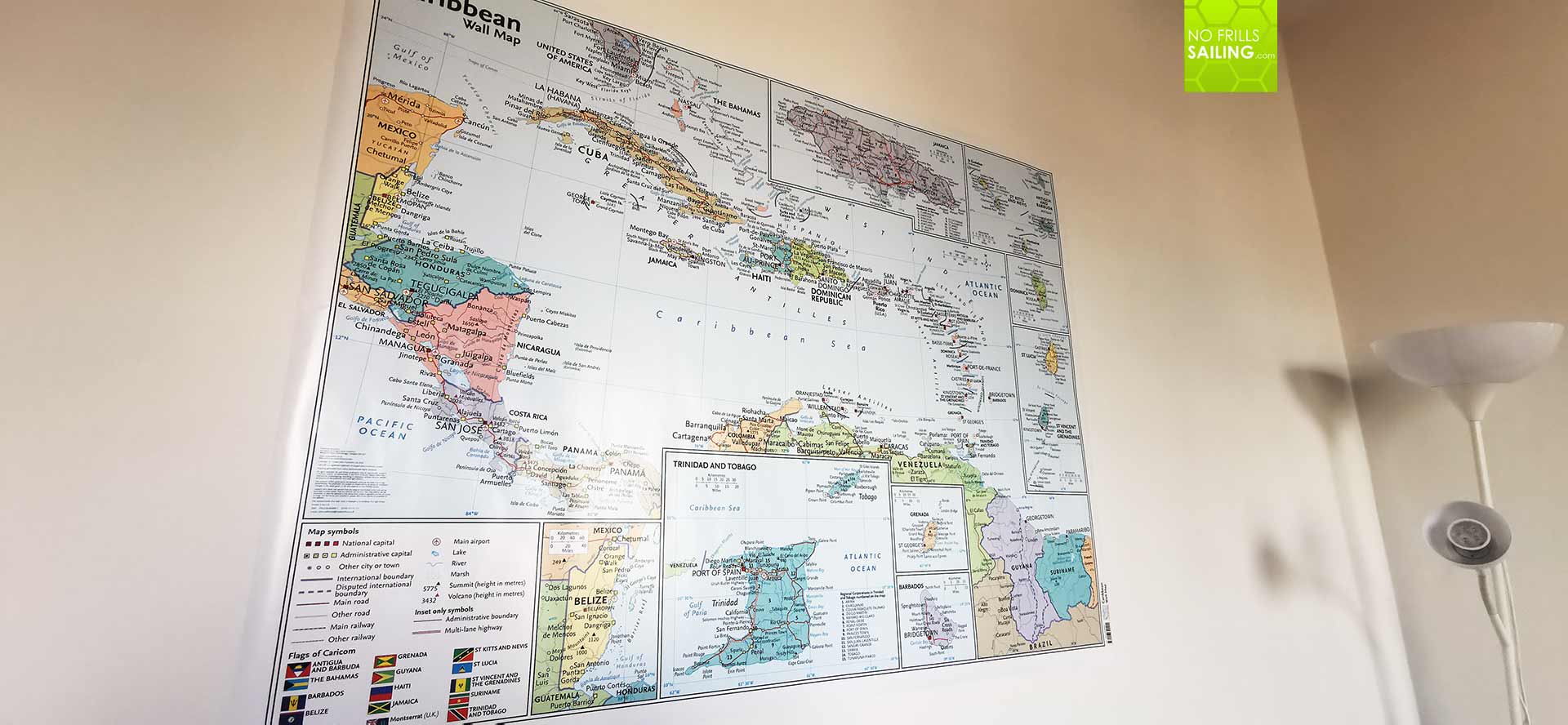
It is a huge place indeed and full of history, full of stories. It is an achingly huge pot of different possibilities: Nature, culture, food, the people but also the rich history of the Caribbean. At last I will get the chance to finally see some places I wanted to travel to since I was a small child, all those piracy-connected Islands, maybe finally seeing Dead Man´s Chest? So, in this, I started to buy books and – sadly, of course – you cannot talk about the Caribbean without talking about the dark times of slavery.
Kenneth Morgan´s “Slavery, Atlantic Trade and the British Economy”.
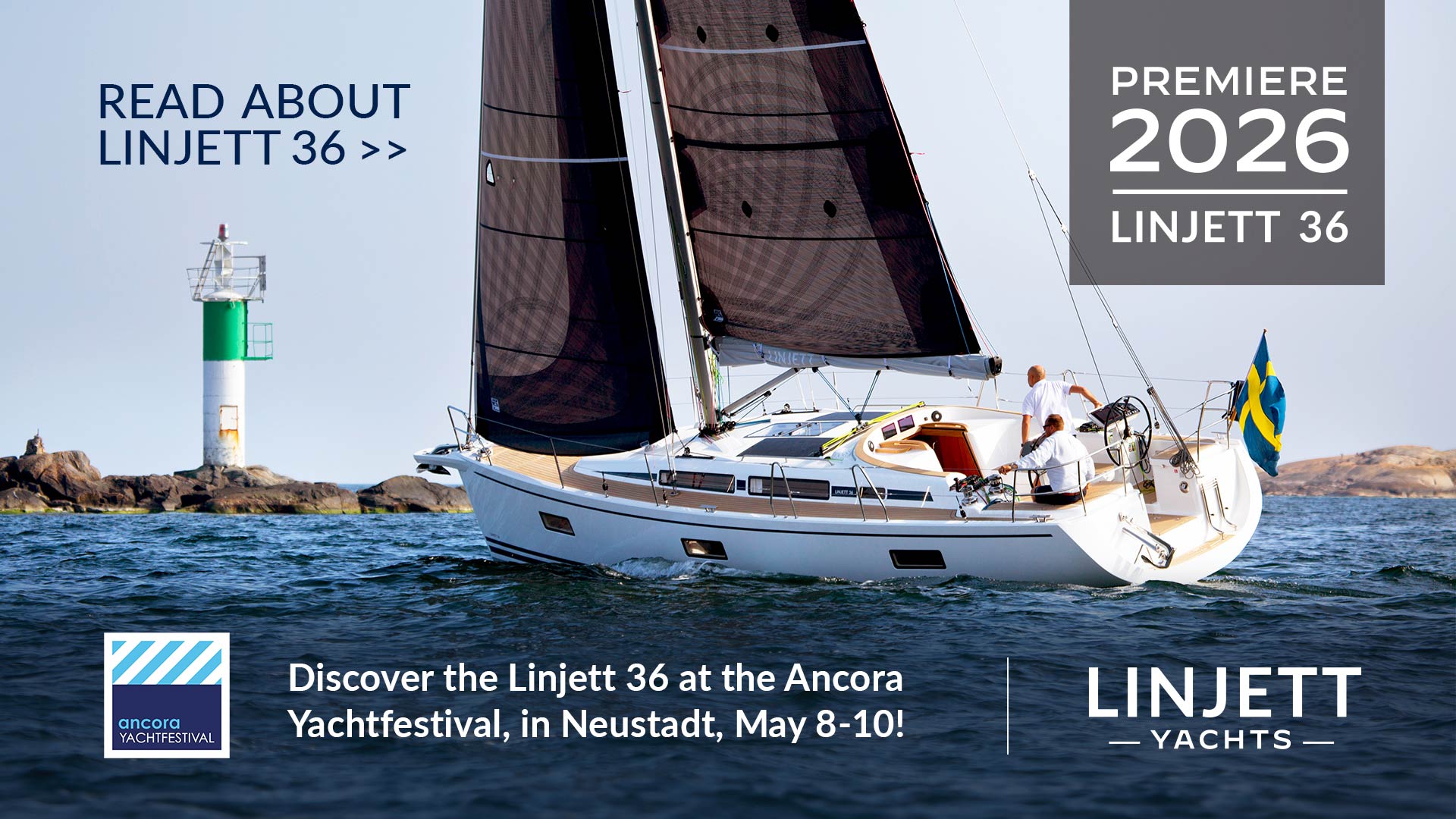
First of all, let me tell you: Unless you are a skilled historian your view on this matter probably won´t a complete one. This is the major learning I´ve got from reading this 98 pages slim (plus another full 11 pages of sources) work. It has been published by Cambridge University in the year 2000.
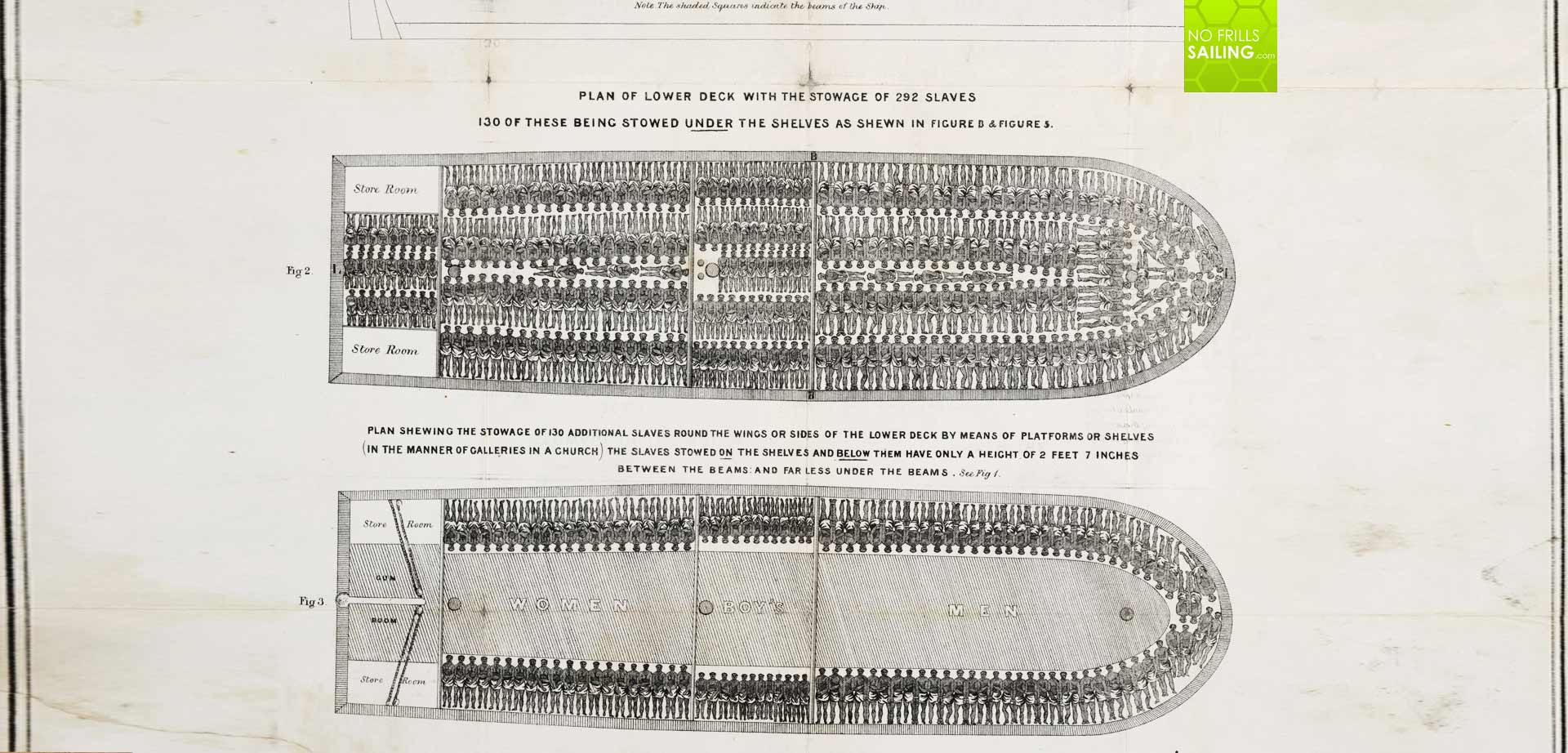
Kenneth Morgan is a professor for history at Brunel University with a specialty in social and economic history. The book itself is a scholar´s work intended for students and historians alike. In this, it is a bit of a hefty read reminding me of my long forgotten days back then when I was a pupil: Definitely not a Sunday afternoon read, although it is just 98 pages thick. Now, what does the book tell us?
The complex interactions of political, social, economic and technological “progress”
Britain ruled the waves. After defeating the Spanish and the demise of Spain, Portugal and the Netherlands Britannia remained the sole naval power of the Atlantic Ocean and the world´s oceans for the most part. The colonization of the Americas posed a stimulus for the whole economy and the book deals with the question if – and if then how – slave work was the “engine” or even the “spark” that caused the accumulation of large fortunes. Fortunes to be re-invested at home, finally kickstarting the industrial revolution.
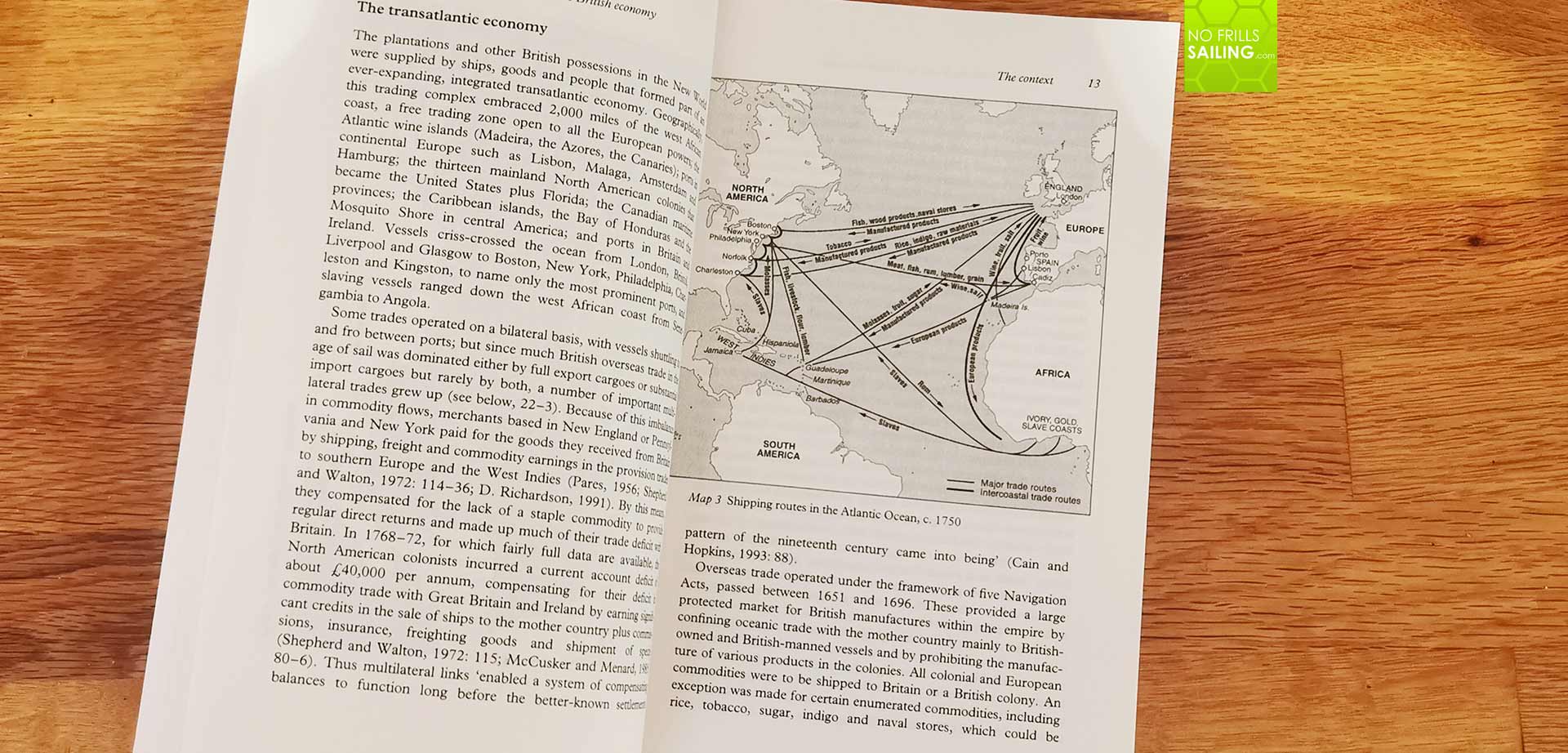
I do not want to spoil your read, but I can assure you that at least I myself was astonished that, for example, the so called trilateral trade, meaning shipping slaves from Africa to the Americas, taking on raw materials, like sugar, cotton et cetera) from America to sell it in Europe and of course selling goods from Europe in Africa wasn´t really the case. At least in these simplified matters. I also learned about the true numbers of people being captured and displaced from Africa to work under horrible conditions as slaves in the plantations. This is, maybe, the biggest contribution of the book: Tidying up with some false pictures regarding slavery and trade and showing how complex and diverse this topic really is.
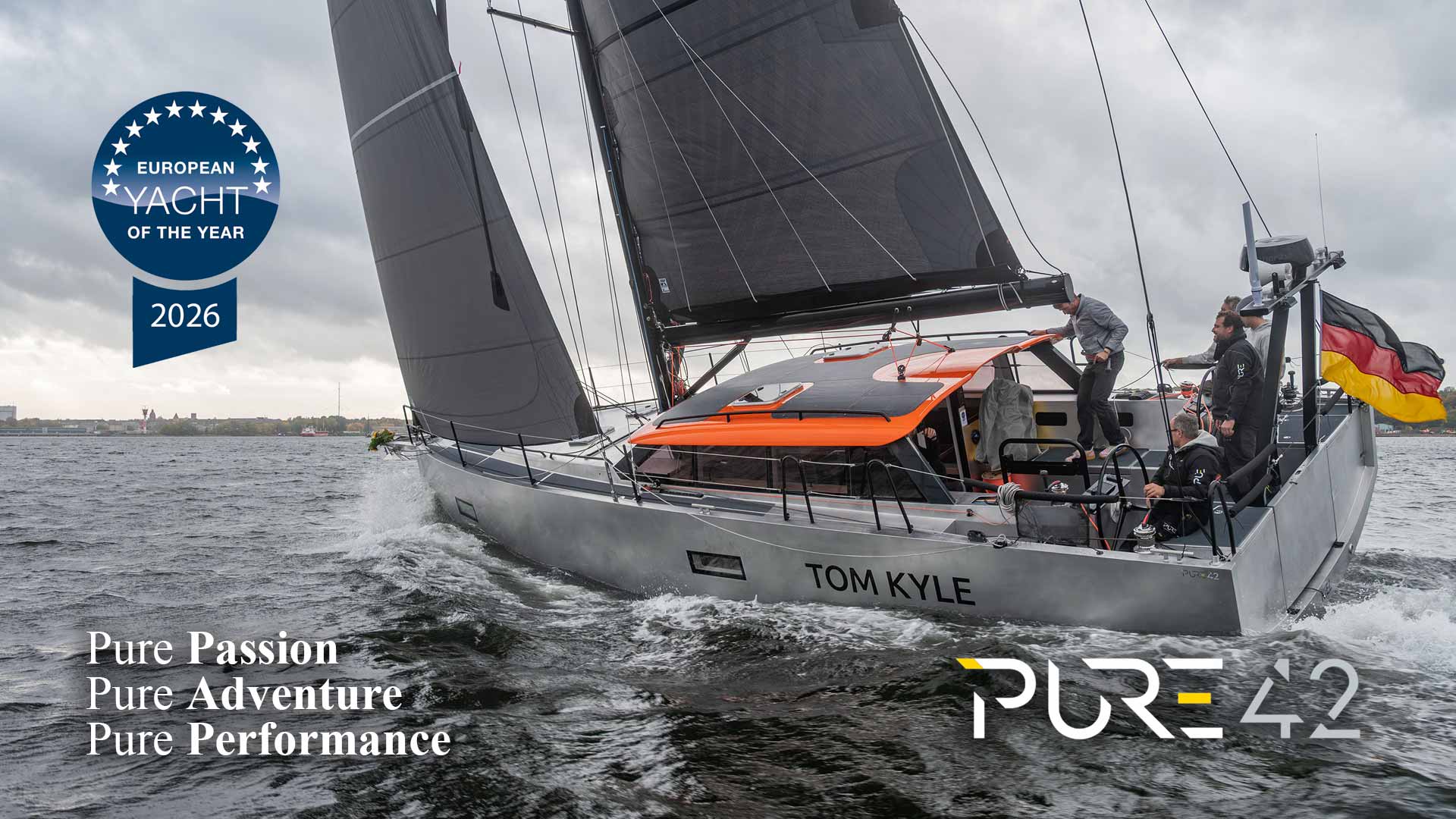
History is always sailing with you
I love being a sailor because I love history. In this, I fancy stories. Be it the German Hanse, the big voyages of the Vikings, Columbus´ and da Gama´s adventures, the North-West-Passage of course – you name it. With me now preparing to sail to the Caribbean a whole new chapter is opening up and, although this is a really depressing and shocking topic, it is history indeed and a history we have to be aware of and spend time to learn.
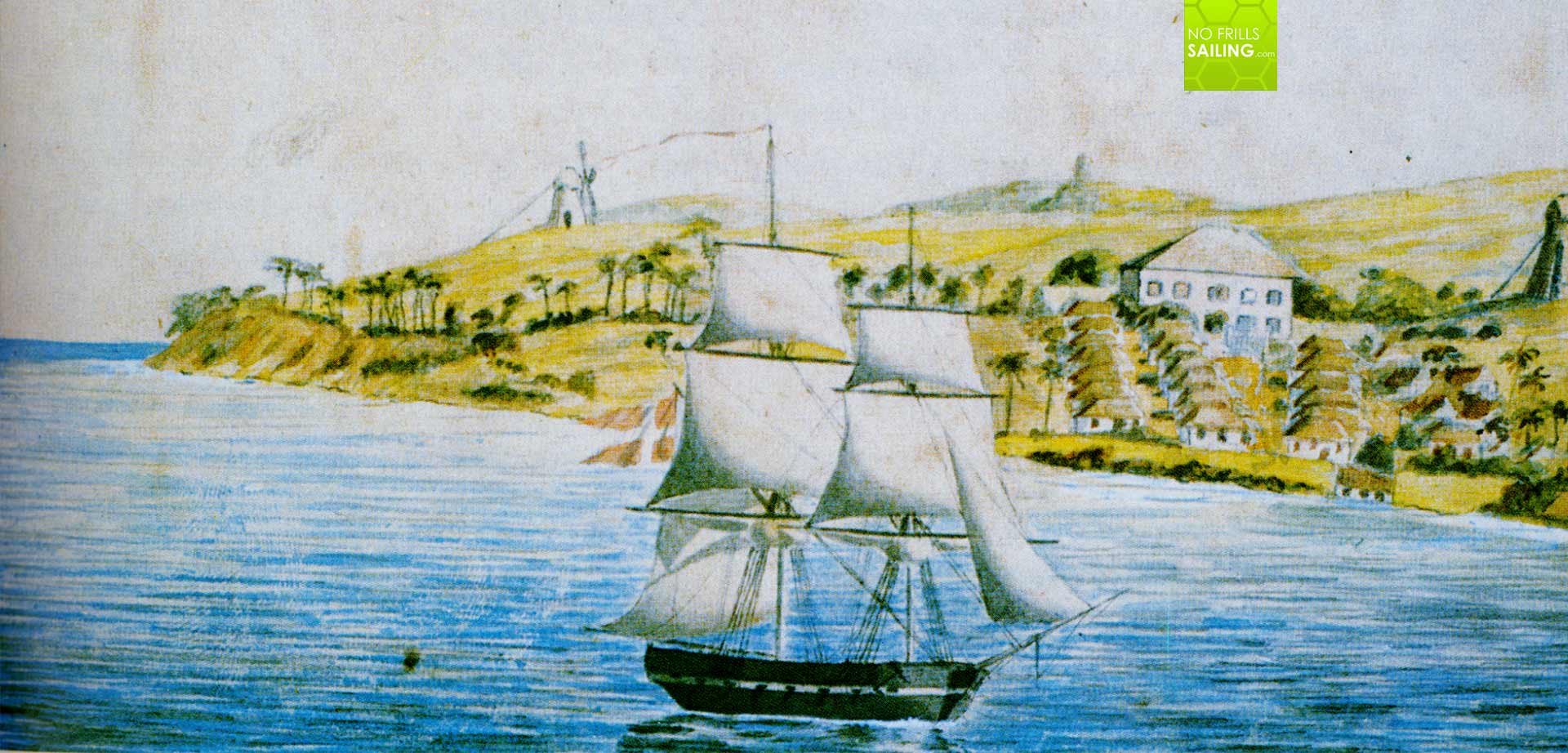
Kenneth Morgan´s book was a great starter, maybe a bit too academical but with a profound list of references to deepen your knowledge on different aspects of the slave trade. I learned that my general knowledge, although surprisingly profound, lacked some insight. Now, where shall I sail to in the Caribbean to maybe get a live image of this dark epoch of European acting in the past? I guess Guadeloupe seems the one place offering most museums, sites and artefacts to study. And here we are, thanks to the good insight provided by Kenneth Morgan´s book I now have officially my first island to see during #atlanticloop confirmed.
Do you have any recommendations where I should sail to and what to see in the Windward Islands? Please share your thoughts in a comment, your input is heartly appreciated!
Pictures © Wikipedia “Slave Ship” and “View of Butler´s Bay by Frederick von Scholten”, curtesy Slaveryimages.org
You may as well like to read:
All articles on my #atlanticloop project
History alive: German cog ship LISA VON LÜBECK
On clippers and windjammers: Book review



